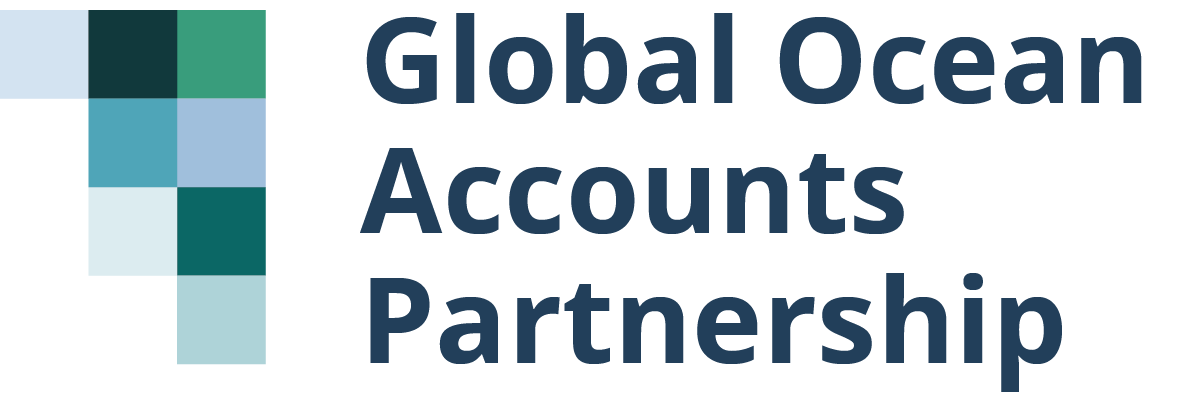Background and Objectives
A new collaborative project with the Costa Rican government and non-governmental stakeholders aims to integrate the value of coastal and marine ecosystems into the planning of sustainable development of the ocean and coastal zone. Costa Rica has a long history of natural capital accounting on land, and Costa Rican institutions are globally recognised for their expertise in the field.
This project aims to support the Costa Rican government and other stakeholders to transfer their experience on land to the coastal zone through completing an initial ocean account for mangroves in two conservation areas in Costa Rica: Area de Conservación Guancaste (ACG) and Area de Conservación Tempisque (ACT).
Activities
18 March 2024 | Seminar Accounting for the Costa Rican Oceans Part 1: Introduction to Ocean Accounts | Online:
The Global Ocean Accounts Partnership (GOAP) Secretariat hosted the first Spanish-speaking ocean accounting seminar online (recording below), which was attended by 30 participants representing nearly 20 organisations across academia, NGOs and government.
The seminar:
- Introduced the concept of ocean accounts;
- Facilitated a discussion on how these concepts can support public policy and conservation objectives;
- Explored the alignment of ocean accounts with national efforts to measure changes in the condition and contribution of ocean ecosystems to society and the national economy, and who are the key actors in this process;
- For stakeholders involved in the management and conservation of marine-coastal environments, it provided a platform to deliberate available tools and opportunities for engagement and mutual benefit in the development of ocean accounts; and
- Presented an example of a mangrove extent account according to information provided by the Guanacaste Conservation Area on the mangroves of Naranjo and Nancite.
Participants acknowledged the potential of ocean accounts to align with financial sector needs and guide investments in marine and coastal conservation. They emphasized the importance of developing a modular approach for refining data systems over time and stressed the necessity for long-term strategies to sustain the generation, management and dissemination of data. Discussions also highlighted the value of collaborative efforts among various institutions to ensure good quality data reaches all stakeholders effectively.
Next steps
After participants showed a keen interest in advancing the project and feedback was positive, the scope of the original pilot account is now being reassessed and refined in alignment with the country's overarching vision for the project.
Plans are also in motion for an in-person Spanish-speaking workshop, jointly organised by GOAP and the Central Bank of Costa Rica. This workshop will equip national representatives with the necessary technical expertise to develop ocean accounts, building capacity for sustained progress in this critical endeavour.
Watch the recording
Authors: Marianne Feoli, Maria Alarcon, Mónica Navarro (country-link), Philip James and Bella Charlesworth.




